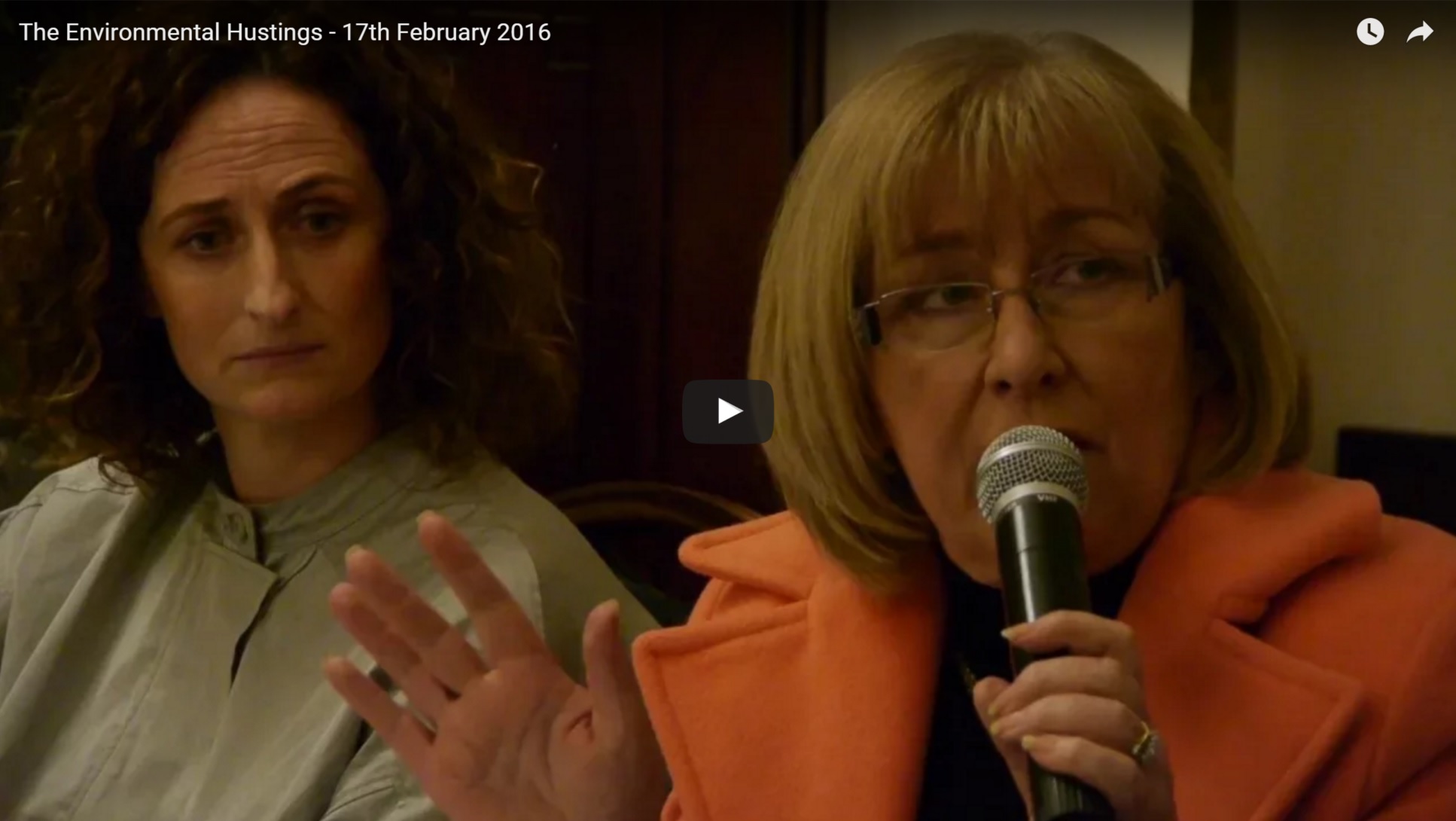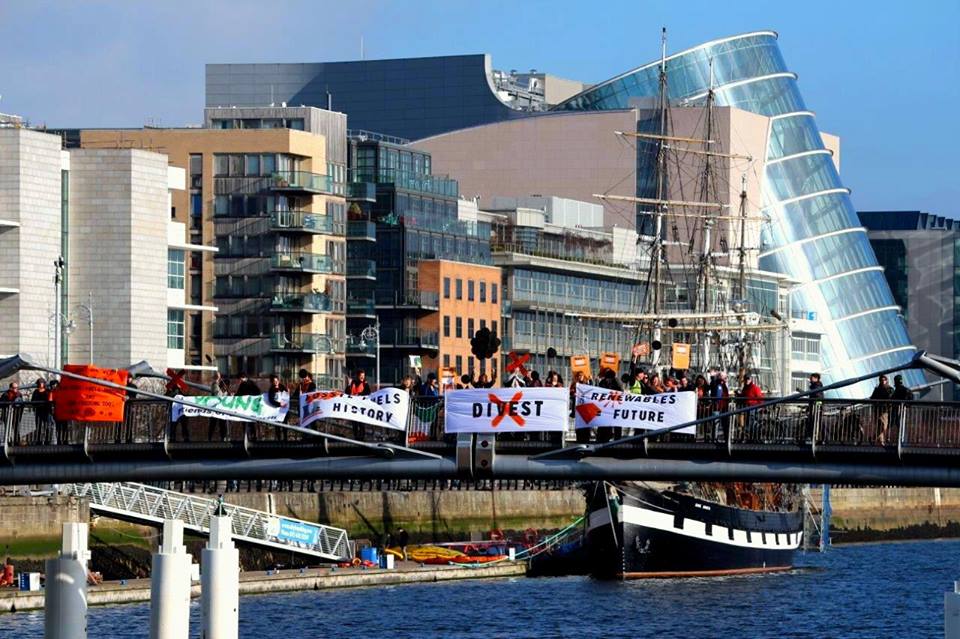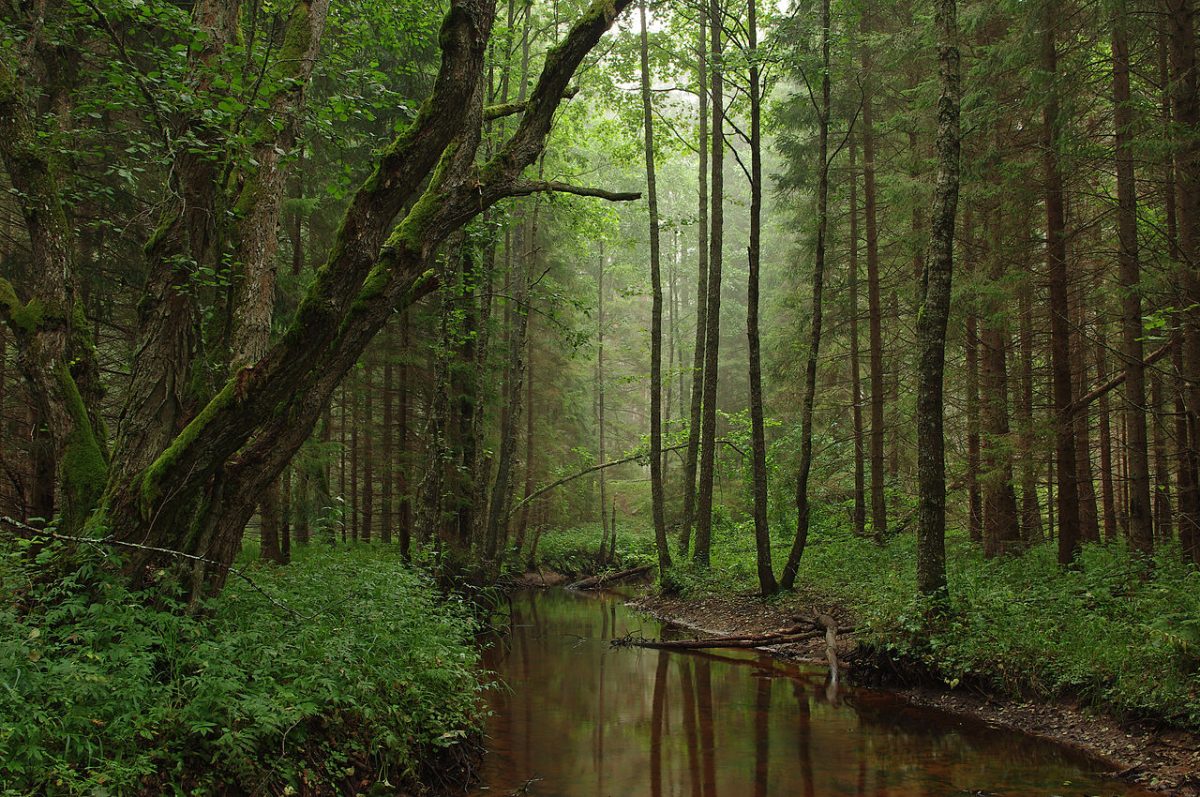Greens open to coalition but highly critical of main parties climate policies

February 4th, 2020
Green Party leader Eamon Ryan is keeping the option of entering a coalition Government on the table as the election moves into its final week despite his party’s criticism of the climate policies of the three leading parties.
Speaking on a panel at a Climate Hustings election event in the Mansion House in Dublin, Deputy Ryan said that the change required addressing the climate crisis means that “we do not have a few years to wait”.
“Everyone matters and every place matters”, according to Mr Ryan, and going down a divisive route of governance that focused on opposition rather than collaboration would, “not work”. Pulling together, he concluded, “is what we need to do now to make this leap”.
The Greens, however, were very critical of the climate policies in the manifestos of the three main parties – Fine Gael, Fianna Fail, and Sinn Fein – at the launch of the party’s climate policy paper at the Rediscovery Centre in Ballymun this morning.
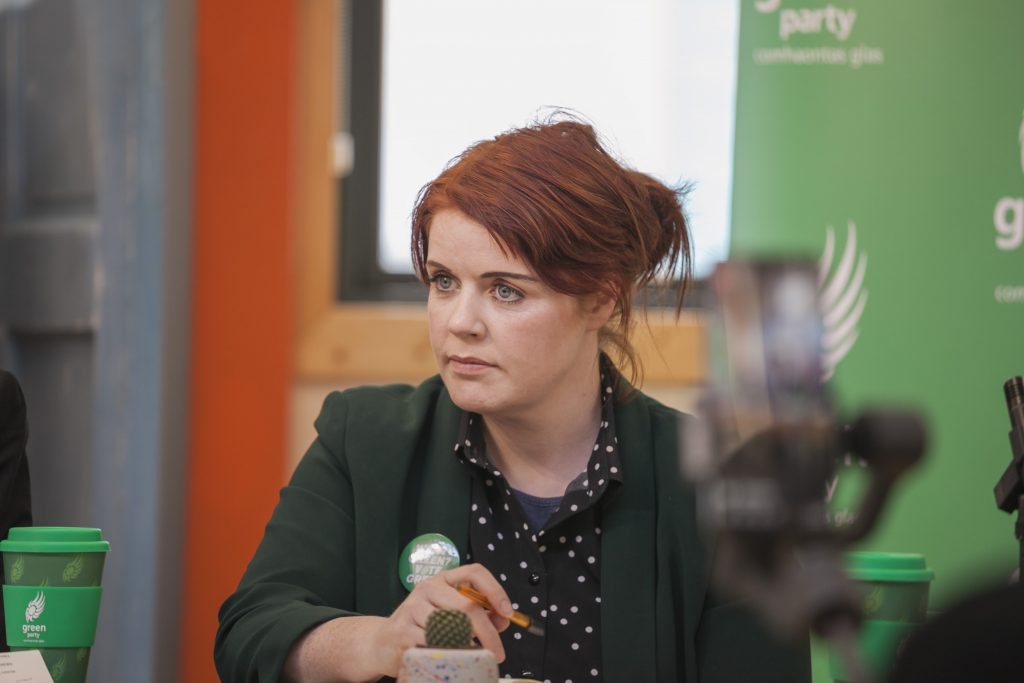
‘Lacking in ambition’
Speaking this morning, Dublin Central candidate Neasa Hourigan said that the Greens feel that Fine Gael’s manifesto is “totally lacking in ambition” and doesn’t go anywhere near enough the levels required to reduce emissions on the scale required over the next decade.
“In general, the feel that you get from the [Fine Gael] manifesto is that everything that has to do with climate is put on the long finger. It’s all a feasibility study, it’s all an economic evaluation,” she added.
In terms of Fianna Fail’s manifesto, she said that the party’s proposed eight per cent annual reduction in emissions is not backed up with concrete proposals on how to get there.
“They have language in their manifesto talking about establishing a pathway to phrase-out fossil fuels is not an actionable thing we can do right now,” she said, adding that the party is particularly unclear on its Shannon LNG position.
On Sinn Fein, Dublin West candidate Councillor Roderic O’Gorman said that the party’s manifesto commits to climate policy that has already been achieved, such as State divestment from fossil fuels and a ban on fracking.
He also questioned the budget outlay for climate action that the Greens does not believe matches the scale required to tackle climate change, stating that overall Sinn Fein’s manifesto lacks climate ambition.
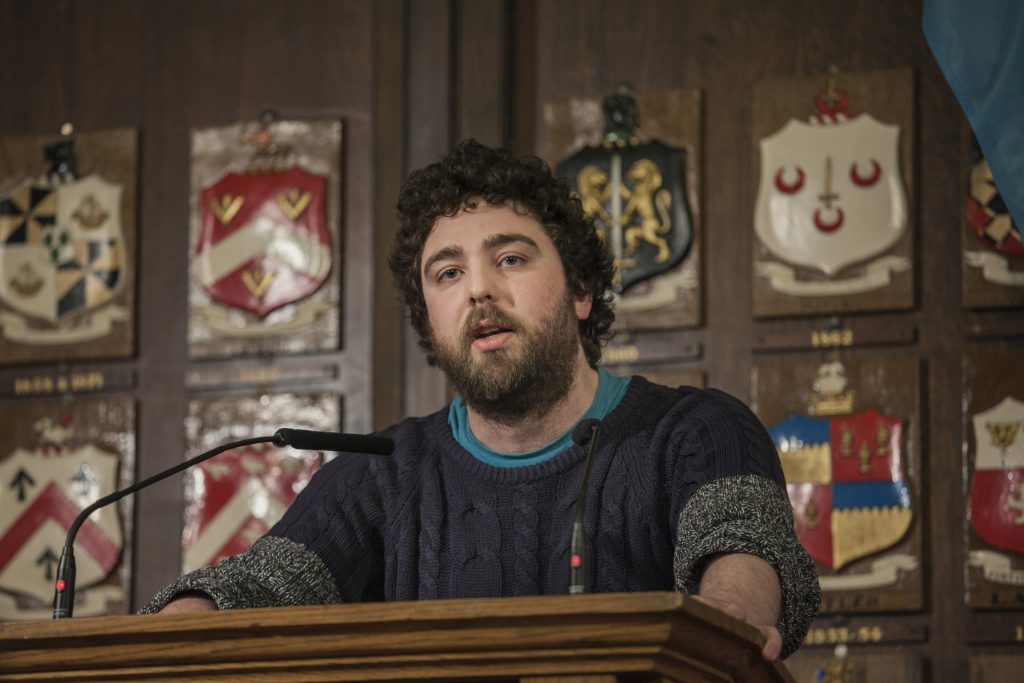
The ‘elephant in the room’
The three largest parties that would be able to facilitate such a government were notably absent at the climate hustings yesterday evening, with Mr Ryan quick to acknowledge “the elephant in the room”.
The absence of Fianna Fail, Fine Gael, Sinn Fein and Labour was a “disgrace” in his view, adding that if they couldn’t show up to one of the main hustings during their campaign, “they don’t deserve to take a seat in Dail Eireann.”
Mr Ryan speculated that their absence could be due to their One Future climate rating published today and having to confront the audience in its aftermath. All four aforementioned parties were awarded “D” and “E” scores.
Eoghan Ó Ceannabháin from People Before Profit and Eilis Ryan of the Workers Party also sat on the panel, voicing their opposition to a carbon tax, which both the Greens and Social Democrats have said repeatedly they are in favour of.
Sarah Durcan of the Social Democrats stressed that the party supported the idea in theory, but it could only “work as incentive to change behaviour” if the supports would be there to help people.
Mr Ó Ceannabháin stressed that carbon taxes are found to be ineffective when put into practice, citing Canada’s use of the mechanism as an example.
The party representatives also discussed how the state should manage climate refugees, which the UN estimate could soar up to the hundreds of millions by mid-century. Ms Ryan said that such a crisis is “inevitable in some shape” and that “as much as everyone has the right to seek refuge” they also have a right to a dignified life on whatever soil they land on.
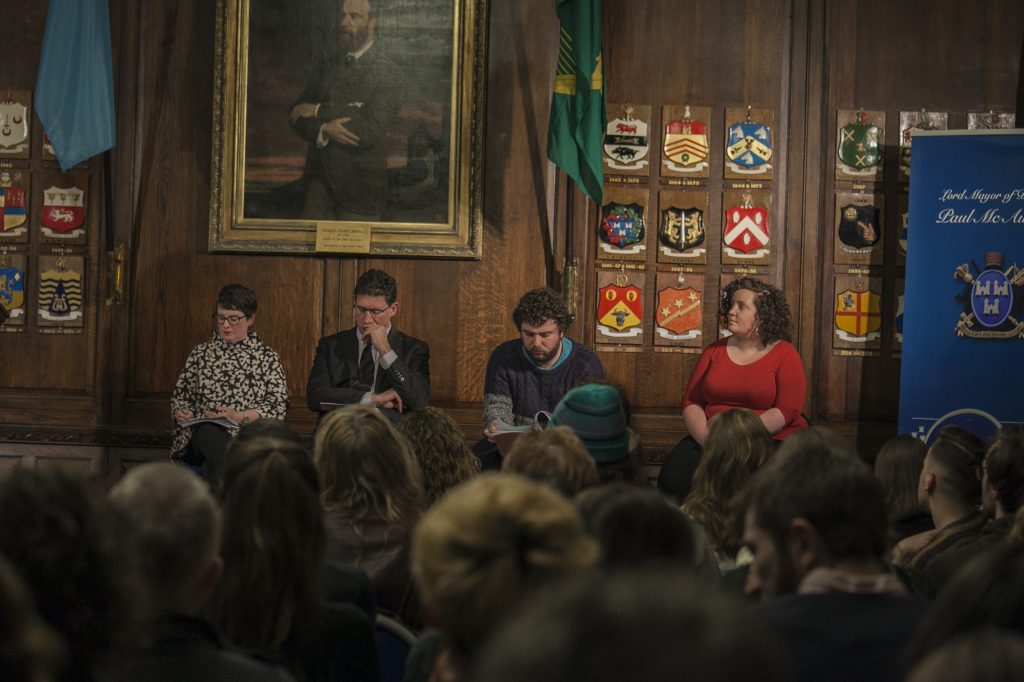
The need for a Just Transition was also stressed, and all parties agreed that it was imperative to implement as the country adapts to a carbon-neutral economy.
Mr Ó Ceannabháin stressed that the Moneypoint power station, predominantly generating electricity through the burning of coal, would have to close immediately and that the state should foot the bill for the reskilling of fossil fuel industry workers.
He also suggested that offshore wind energy, which would be a considerable source of Ireland’s renewable resources, should be placed in public ownership.
Ms Ryan also touched on the role of public ownership as the economy transitions, saying that Allied Irish Banks (AIB) should remain in public hands in order to finance the scale of the change needed.
All four representatives agreed on their opposition to the Shannon LNG project and stressed that it had no role in a transition to a greener Ireland.
In contrast, Fianna Fail leader Michael Martin said yesterday that gas was a “transition fuel” and supported the continuation of the controversial project in Kerry.
[x_author title=”About the Author”]
